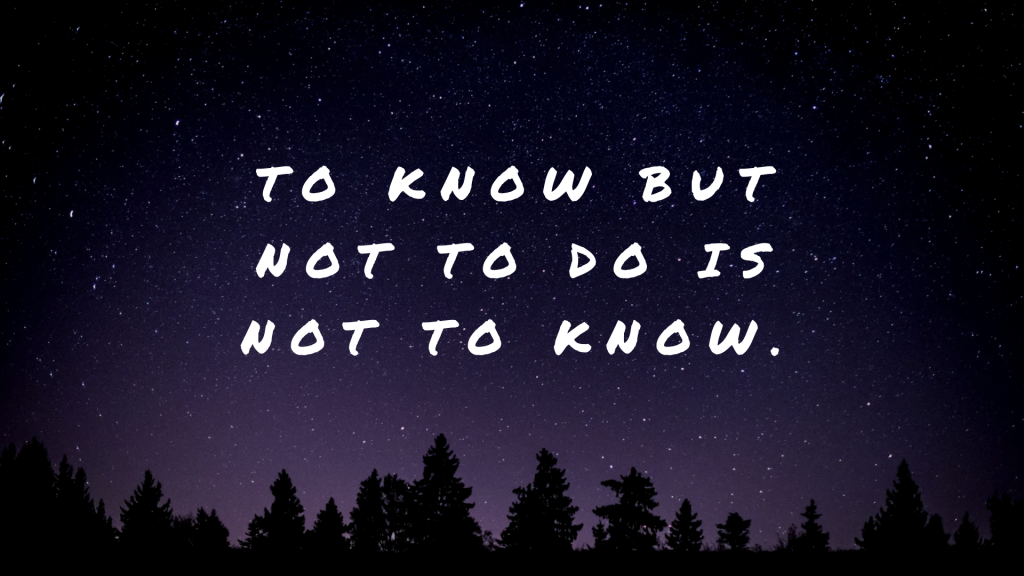Let’s say you want to become a better version of yourself—you want to build stronger relationships, improve your health, or become an extraordinary public speaker. The question is: should you get a coach?
There are clear benefits to having one:
Accountability: The Key to Sticking with It
Unless you have superhuman discipline, it’s easy to set a goal and let it slide. This is especially true when forming new habits. Think about it—your old patterns have been ingrained for years. Breaking them and creating new ones takes effort, and without guidance, you might find yourself slipping back into familiar routines.
A coach acts as your accountability partner, keeping you on track even when motivation fades. They’re like a personal cheerleader—but one who won’t let you slack off.
Unbiased Feedback: Seeing What You Can’t
When we apply what we know, we don’t always see our blind spots. A coach helps correct patterns that may be holding us back.
At the end of the day, what we want is unconscious competence—the ability to master a skill so well that it becomes second nature, like muscle memory. But if we practice incorrectly, we form the wrong neural pathways. As the saying goes, “Do it nice or do it twice.” A coach helps ensure you do it right the first time.
The Only Real Drawback: Cost
Let’s be honest—coaching isn’t cheap. Not everyone can afford it. So, the question becomes: Can we coach ourselves?
Recently, I wanted to improve my voice, so I downloaded an app called Vocal Image and practiced a few times a week. While the app provided exercises, the feedback was text-based and lacked depth. It was a budget-friendly alternative, but nothing beats the guidance of a real coach.

So, Should You Get a Coach?
This isn’t a sales pitch. I don’t even offer coaching services (yet). If you want a coach, I can connect you with one. But my message is this:
Whether you hire a coach or not, prioritizing deliberate practice is non-negotiable if you want to master any skill.
To become extraordinary, you need to put in the reps—over and over again. You need to apply the right techniques, refine your approach, and commit to mastery.
There’s a saying: “To know but not to do is not to know.”
Reading a thousand books means nothing if you don’t apply what you learn.
I wrote The Fail-Proof Relationship Roadmap, and I’d be lying if I said I flawlessly practice everything I preach. But my partner and I are working on it—because our relationship deserves it. Whether we coach ourselves or seek external guidance, what matters is that we step up and do the work.
Therefore, it all comes down to how much you value mastery and how fast you want to get there.
If something is truly important to you—whether it’s your career, relationships, or a personal skill—and you want to master it in the shortest time possible, then investing in a coach may be the smartest move. A coach helps you accelerate progress, avoid common mistakes, and ensure you’re on the right path.
However, if coaching isn’t an option right now, there are still plenty of ways to improve. Books, courses, mentorship, structured practice, and even AI-powered tools can help you develop skills at a lower cost. The key is to stay committed and take consistent action.
After all, having a coach can help you achieve your goals or master a skill faster, but the most important factor is your willingness to put in the work. So, will you invest in coaching or commit to coaching yourself? Either way, mastery comes from action.
